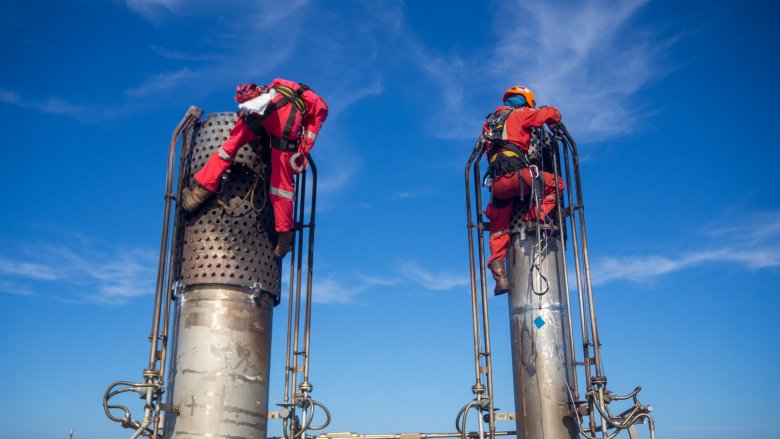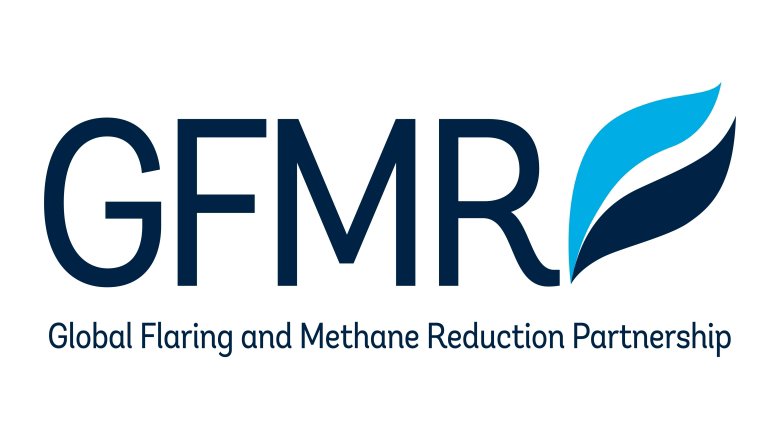At COP28 the World Bank launched the Global Flaring and Methane Reduction (GFMR) Partnership, a new multi-donor trust fund focused on helping developing countries cut carbon dioxide and methane emissions generated by the oil and gas industry.
GFMR will provide more than $250 million and mobilize billions from the private sector to support those countries with the least capacity and resources to address these emissions. The partnership will focus on providing grant funding, technical assistance, policy and regulatory reform advisory services, institutional strengthening, and mobilizing financing to support action by governments and operators.
Oil and gas operations alone contribute nearly a fifth of global methane emissions from human activity. About half of these emissions occur in developing countries. Taking quick and decisive action on these emissions could avoid as much as 0.1 degrees C of warming by mid-century—equivalent to zeroing out the emissions of every car and truck in the world.
Methane is a potent greenhouse gas with a global warming potential up to 80 times greater than carbon dioxide. The rapid reduction of methane emissions is one of the most important short-term climate actions, as it only remains in the atmosphere for around a decade. Methane mitigation, however, only receives a fraction of climate finance.
GFMR will establish eligibility criteria so that support drives long term emissions reduction projects and initiatives. For example, access to project development and financing support through GFMR will be subject to a commitment to
- measure and report emissions through the Oil and Gas Methane Partnership 2.0 framework,
- achieve near-zero absolute methane emissions by 2030 by reducing methane intensity to below 0.2%, and
- achieve zero routine flaring by 2030.
The GFMR Partnership is composed of governments, companies, and multilateral organizations committed to ending routine flaring at oil production sites across the world and reducing methane emissions to the greatest extent possible along the entire oil and gas value chain.
The Partnership has secured funding commitments from several governments, including Germany, Norway, the United States, and the UAE; and several international oil companies, including BP, Eni, Equinor, Oxy, Shell, and TotalEnergies.
For the last two decades GGFR provided technical advice and support to help developing countries end routine gas flaring, which is a significant source of carbon dioxide emissions. The new GFMR Partnership will build on this legacy and expand the World Bank’s efforts to decarbonize the global energy system.

